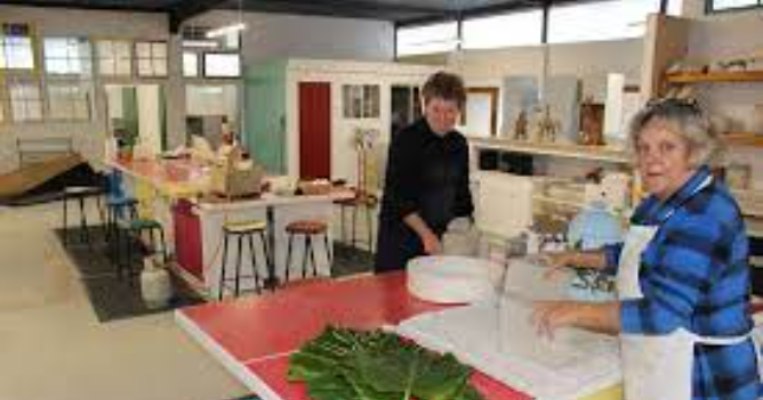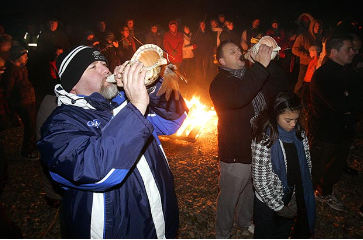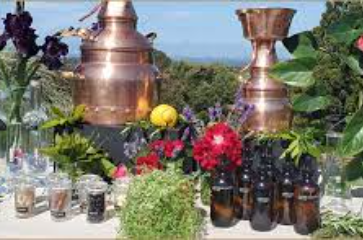The Ōtaki Pottery Club on the Kapiti Coast was established in 1989 by a local group of enthusiastic potters and has grown to be one of New Zealand’s most progressive pottery clubs.
Ōtaki Pottery Club holds weekly adult pottery classes for 8 weeks during the school term and 6 weeks for the young people’s class. You do not have to be a member of the club to participate in classes. Check the website for the programme. There is also a school holiday programme for kids. Club members have a dedicated space to exhibit their beautiful work. Guest artists start their exhibition with an opening on the first Thursday of the month.





